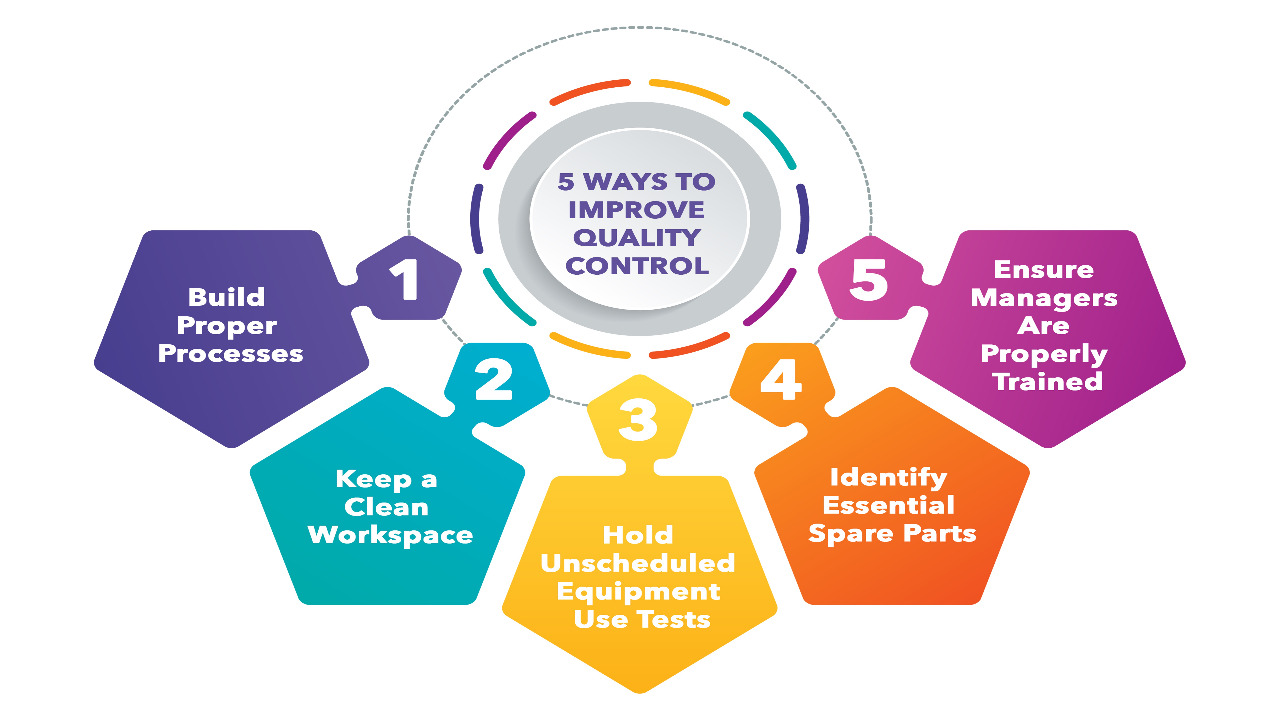Manufacturing is a complex process that involves various stages, from design to production and delivery. The quality of the final product depends on the efficiency of each stage of the manufacturing process. As a result, companies must continuously evaluate and improve their manufacturing processes to maintain high-quality standards and remain competitive in the market.
Check out this website if you are looking for special devices to optimise your manufacturing processes. And here are some best practices that manufacturers can implement to improve their manufacturing processes:
Implement Lean Manufacturing Principles

Lean manufacturing principles aim to eliminate waste and optimize production processes. By identifying and removing non-value-added activities, companies can improve productivity, reduce costs, and increase product quality. Lean manufacturing principles also involve continuous improvement, which means that companies must continuously monitor their processes and identify areas that need improvement.
Use Data Analytics and Automation

Data analytics and automation can significantly improve manufacturing processes. By collecting and analyzing data from production processes, companies can identify areas that need improvement and optimize production. Automation can help reduce human error and improve efficiency by automating repetitive tasks. By implementing data analytics and automation, manufacturers can improve product quality and reduce costs.
Ensure Proper Maintenance of Equipment

Proper maintenance of equipment is crucial to ensure that they operate at peak efficiency. Regular maintenance can help prevent breakdowns and reduce downtime. Manufacturers should develop a maintenance schedule and ensure that equipment is properly maintained according to the schedule. This can help improve production efficiency and reduce costs.
Implement Quality Control Measures

Quality control measures help ensure that products meet customer requirements and are of high quality. Manufacturers should establish a quality control system that includes inspections and testing to ensure that products meet the required standards. Quality control measures can help reduce defects and improve customer satisfaction.
Train Employees
Training employees is crucial to ensure that they understand the manufacturing processes and operate equipment safely and efficiently. Companies should develop training programs for employees that cover safety, quality control, and production processes. By investing in employee training, companies can improve productivity, reduce accidents, and improve product quality.
Adopt Sustainable Practices

Sustainability is becoming increasingly important in manufacturing processes. Manufacturers should adopt sustainable practices such as reducing waste, recycling, and using renewable energy sources. Sustainable practices can help reduce costs and improve brand reputation, which can attract environmentally conscious customers.
Foster a Culture of Continuous Improvement
Continuous improvement is crucial to maintain high-quality standards and remaining competitive in the market. Companies should foster a culture of continuous improvement by encouraging employees to identify areas that need improvement and providing them with the necessary resources to implement improvements. By continuously improving manufacturing processes, companies can improve efficiency, reduce costs, and increase product quality.
In conclusion, improving manufacturing processes is crucial to maintain high-quality standards, reducing costs, and remaining competitive in the market. By implementing best practices such as lean manufacturing principles, data analytics and automation, proper maintenance of equipment, quality control measures, employee training, sustainable practices, and fostering a culture of continuous improvement, manufacturers can significantly improve their manufacturing processes and achieve their goals.
